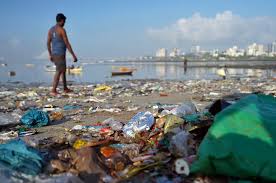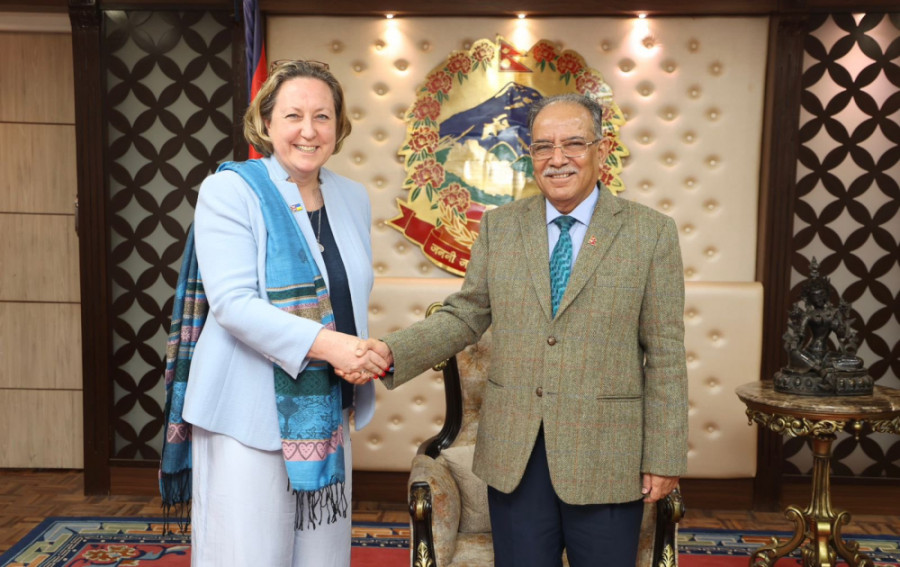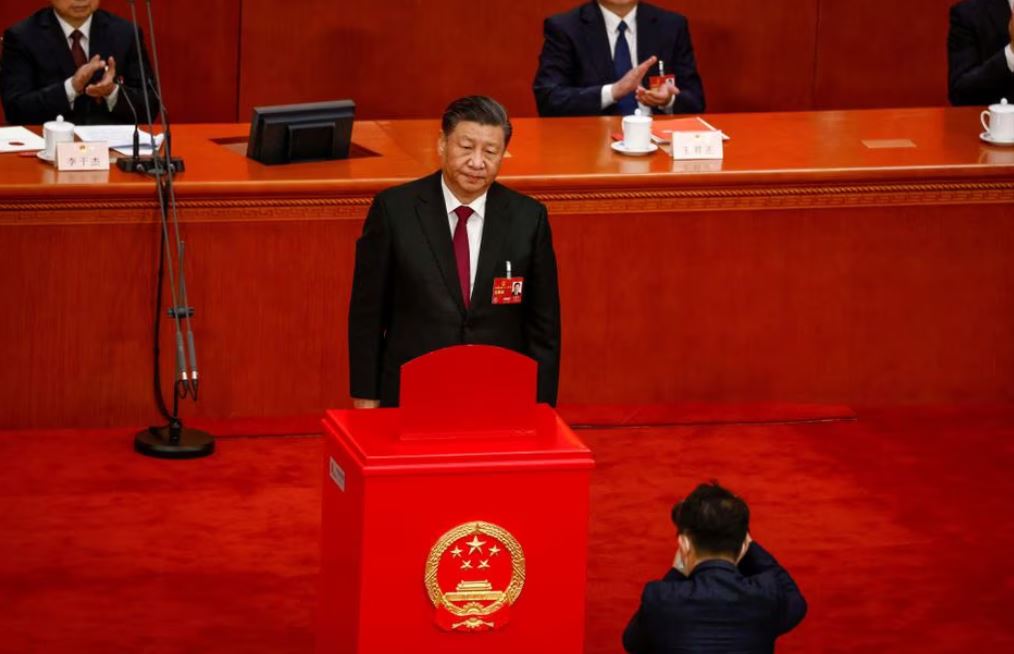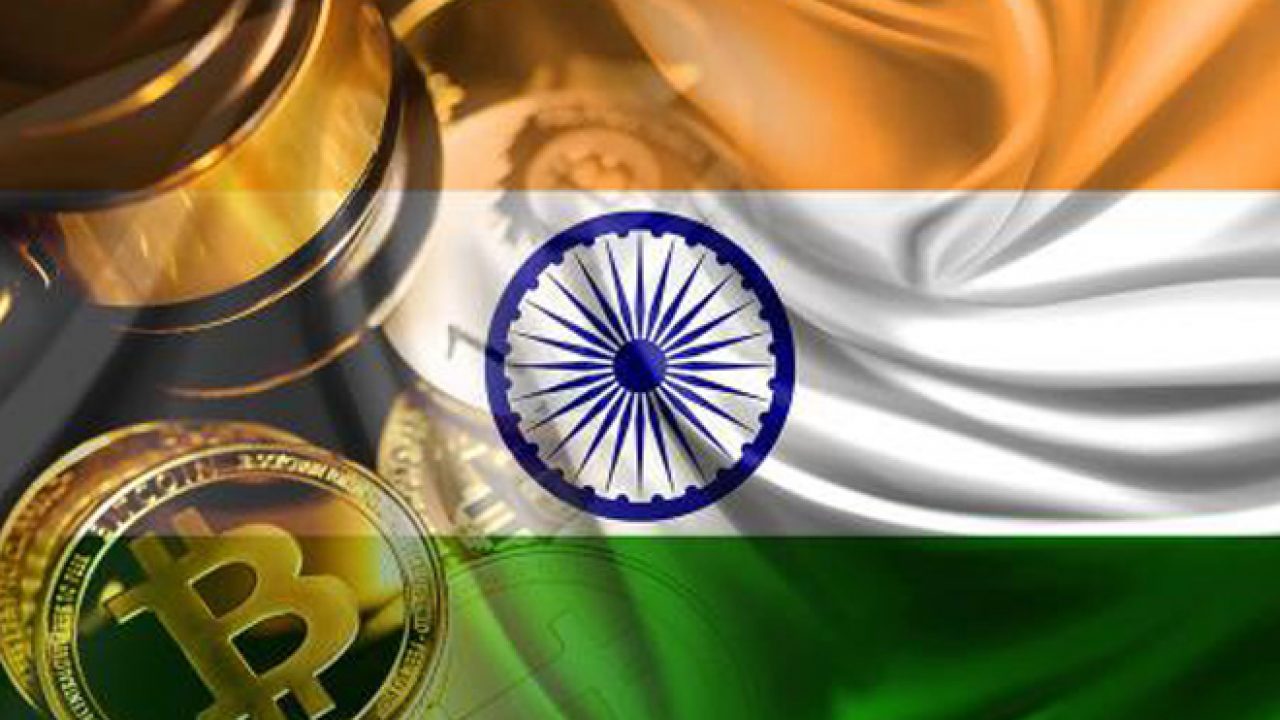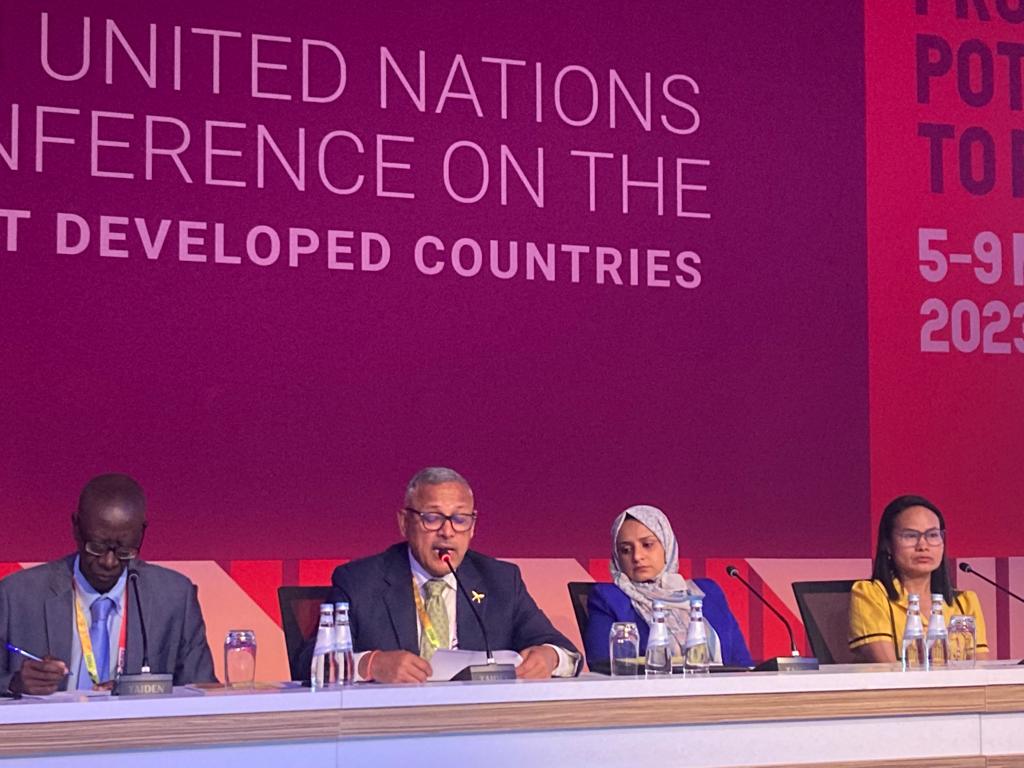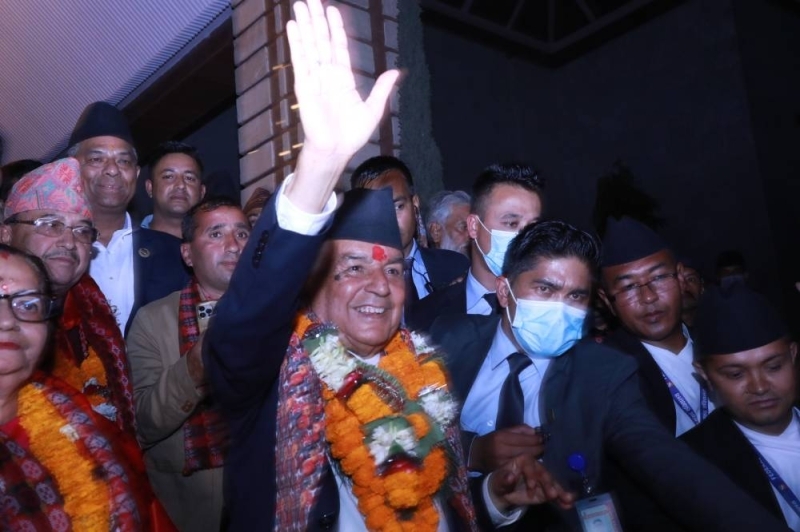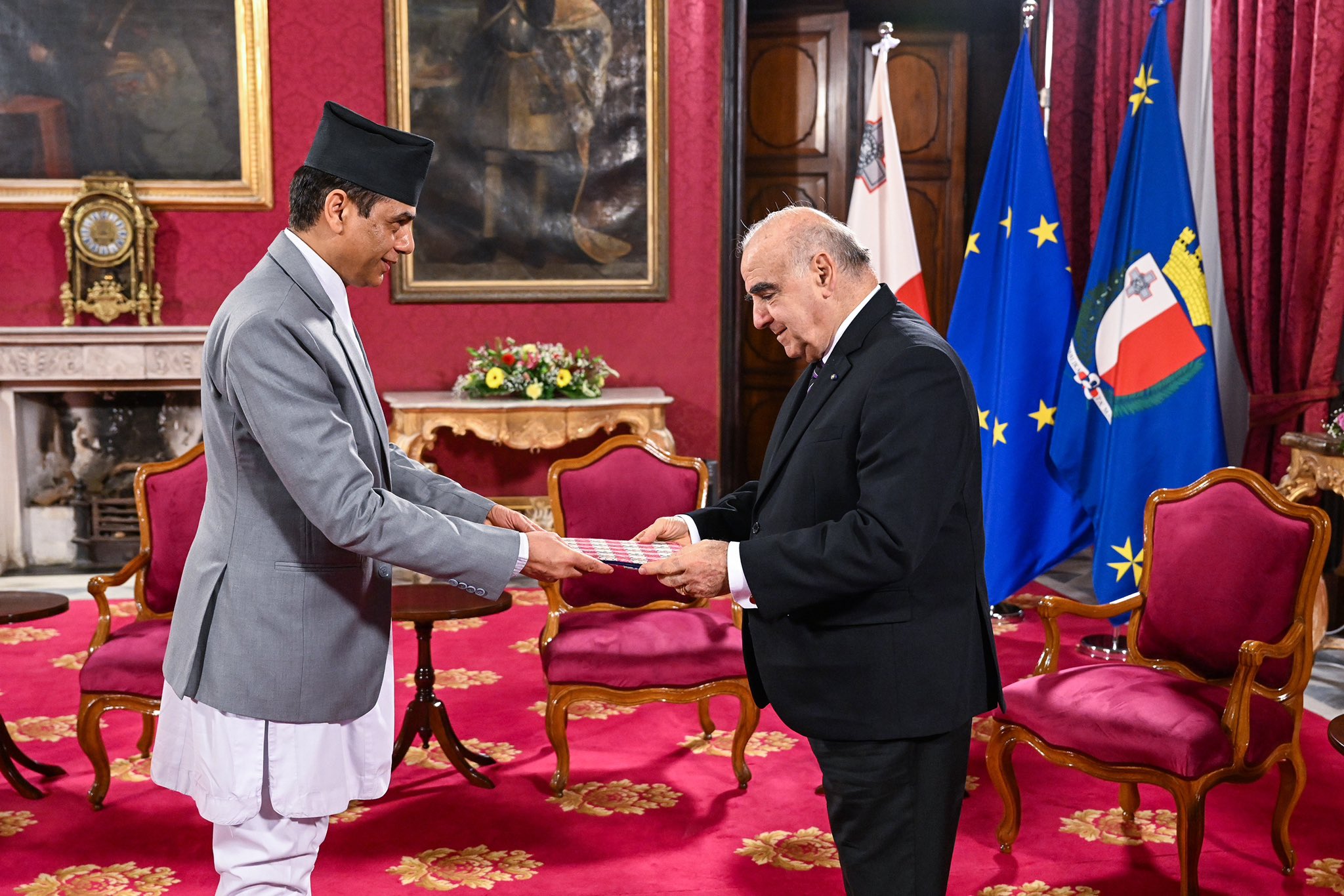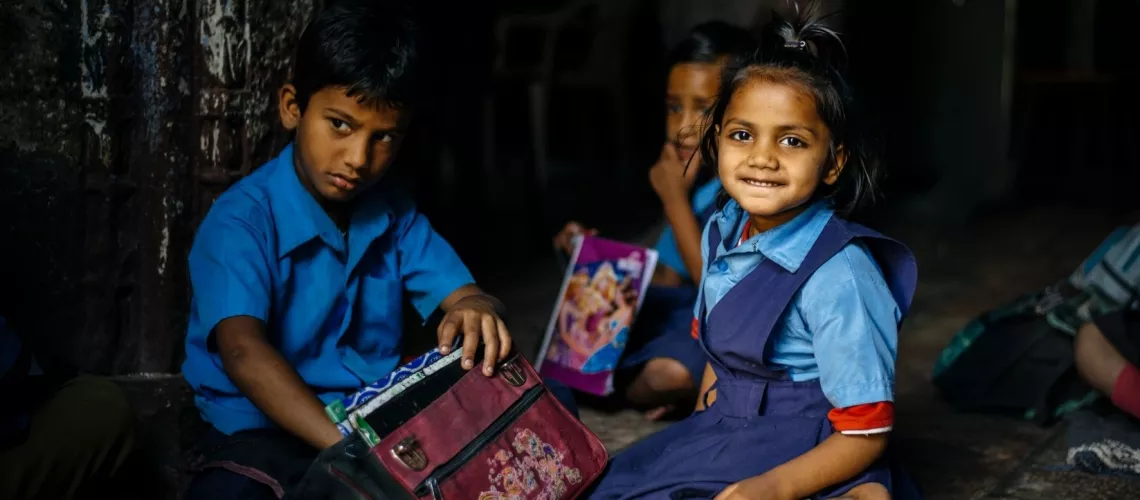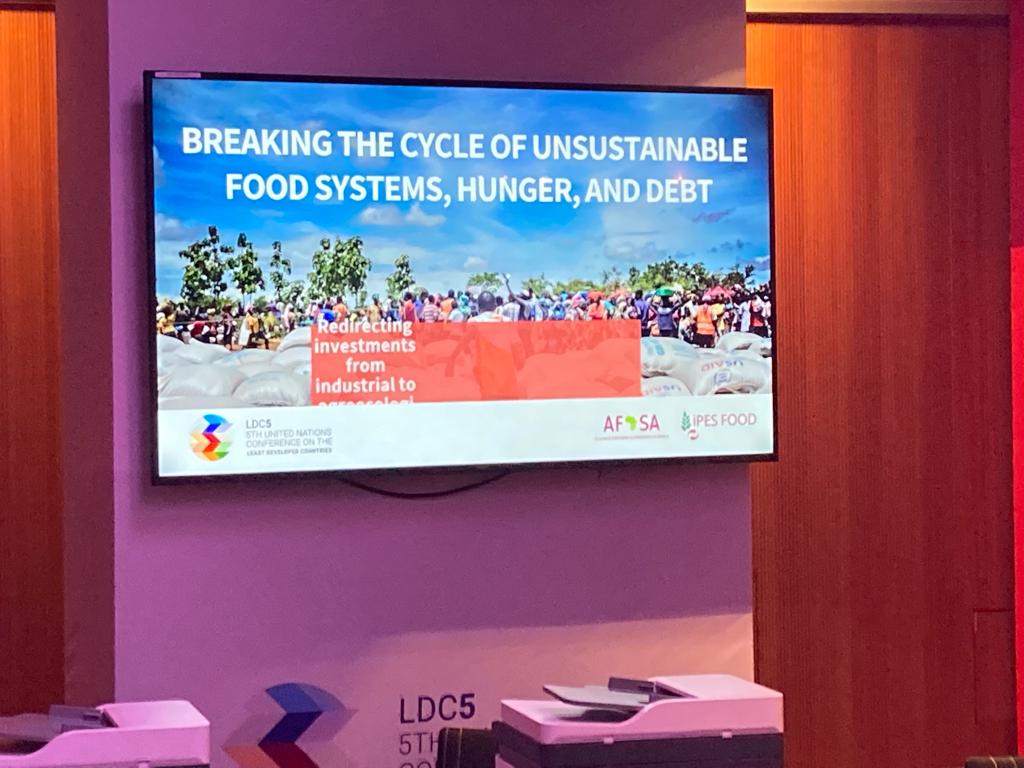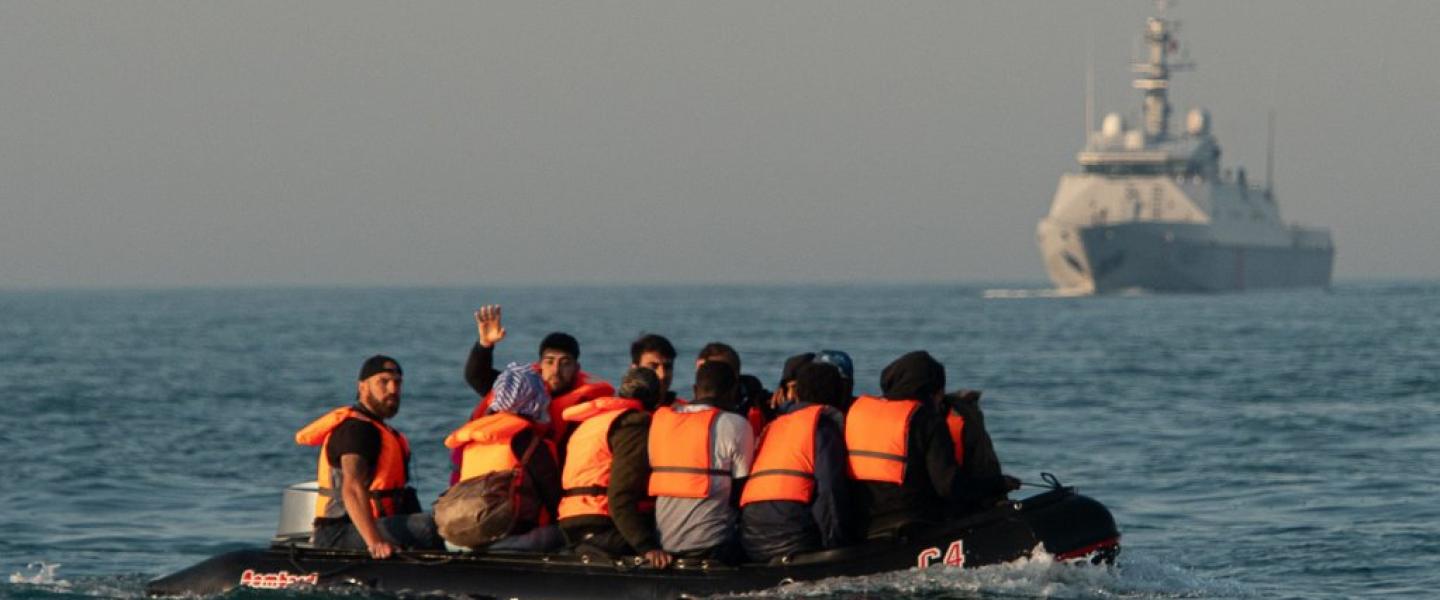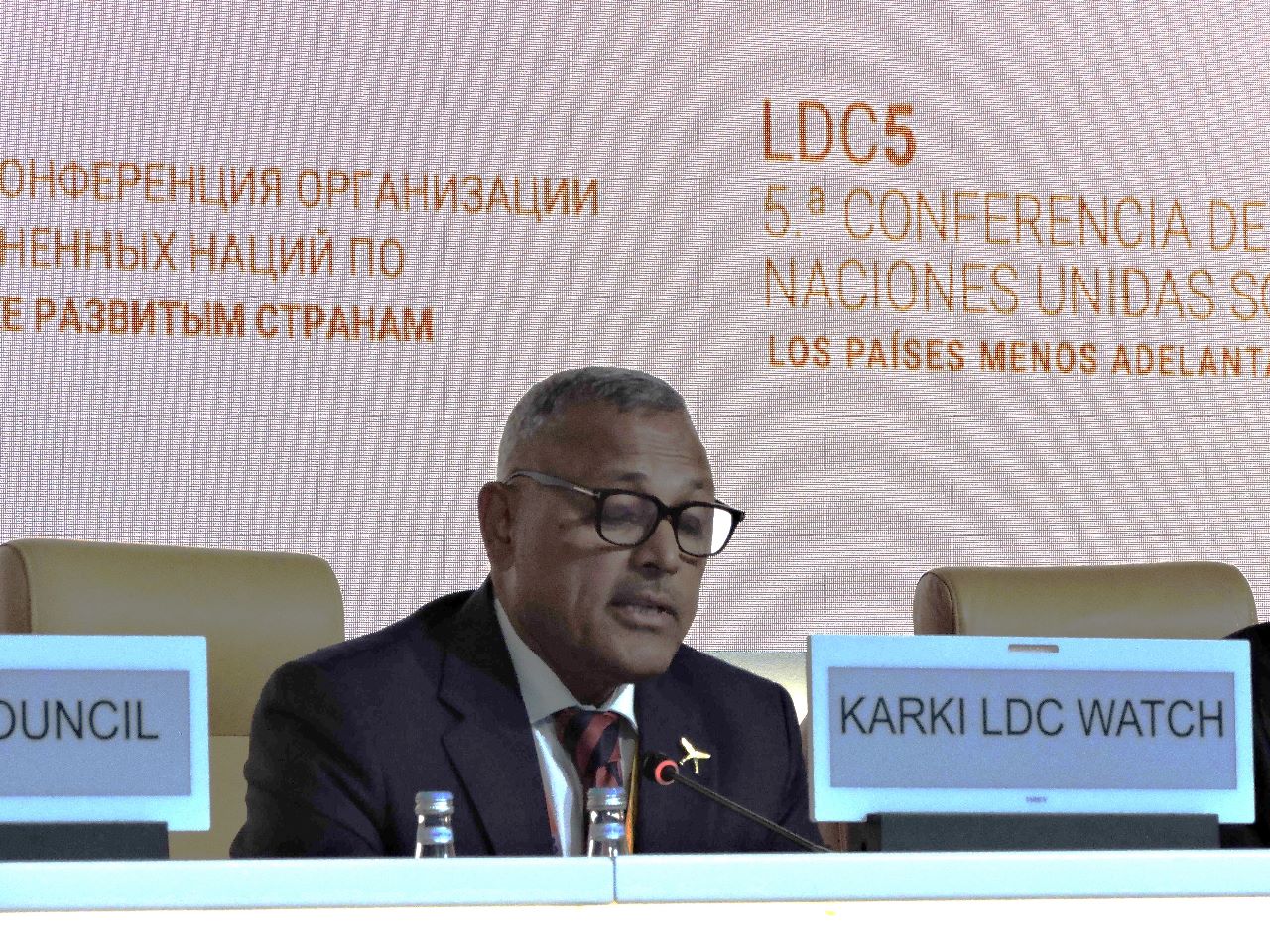By Bhagirath Yogi in Doha – Civil Society leaders have called upon the developed governments to keep their past promises and extend urgent support to some of the poorest countries of the world that are passing through multiple crises.
Addressing the Parliamentary Forum organised jointly by the LDC 5 Secretariat, The Shura Council of Qatar and Inter-Parliamentary Union at the Qatar National Convention Center on Saturday, global coordinator of LDC Watch, a global alliance of civil society organisations, think tanks and academics based in the LDCs, Dr Arjun Karki said that the LDCs are suffering from Covid pandemic, impact of climate change and debt crisis, among others.
‘Covid pandemic created 40 new billionaires, while more than half a billion people were pushed into extreme poverty. The Global Hunger Index 2022 indicates that 21 LDCs in Africa have ‘serious’ hunger, seven are facing an ‘alarming’ rate of hunger, while one country is facing ‘extremely alarming’ hunger,’ said Dr Karki adding, ‘Official Development Assistance (ODA) to LDCs did not meet the threshold of at least 0.15-0.20 per cent of OECD Development Assistance Committee (DAC) countries’ GNI contribution, despite the Istanbul Programme of Action (IPoA).
Dr Karki further said that the LDCs’ total external debt servicing has more than tripled in the last ten years. ‘We strongly call upon our development partners to follow the principle of country ownership, transparency, and untied aid to improve aid effectiveness. It is equally crucial, that LDCs’ dependency on aid should be reduced. Instead, domestic revenue should be raised by broadening the tax base and enhancing compliance and transparency, introducing wealth taxation and curbing illicit financial flows. While we welcome the UN resolution to take on a global tax leadership role paving the way for a UN convention on taxation, we insist that a new UN-led global tax body be quickly instituted,’ Dr Karki added.
Under Secretary General of the United Nations and Secretary General of the LDC 5, Rabab Fatima, said that last 10 years had been a difficult journey for LDCs due to pandemic, climate crisis and conflicts around the world. ‘There are deep rooted problems in the LDCs including low human development, limited financial resources and unsustainable debt,’ said Fatima adding, ‘First, we must secure good and effective governance. Second, we must work together to develop potential of science and technology and extend stronger support for LDCs for their capacity building. Third, LDCs should effectively mobilise domestic resources and these must be supported by the international community.’
President of Inter-Parliamentary Union (IPU), Duarte Pacheco, said that LDCs are suffering from climate change, Covid and ongoing food and energy crisis. ‘Advancing LDCs can make big difference in achieving Sustainable Development Goals (SDGs). LDCs have to cover a long journey towards sustainable development. We are not allowed to give up. One day we will achieve our goal,’ he added.
Speaker of Shura Council of Qatar, Hasan Bin Abdulla Al Ghanim, said that expressed hope that LDC 5 summit will come up with new vision to improve productivity in the LDCs including promoting investment in infrastructure and facing climate change. He said development aid should be provided in such a way that helps LDCs for their social and environmental development.
Taffere Tesfachew, Member, UN Committee for Development Policy, said that LDC countries are suffering from low income, low human development, environmental shocks and structural impendiments. ‘There is the need for integrated approach and need for coherence. Internal support measures provided by internal community should complement LDCs’ efforts,’ he added.
‘LDCs facing triple challenges’
Member of Parliament from Bangladesh, Saber Chowdhury, said that LDCs are facing three major challenges – Climate Change, Covid and Conflict.
‘Our very existence is challenged by climate change. Water stress, drought, biodiversity lss, food security. LDCs are at the receiving end,’ said Mr Chowdhury adding, ‘LDCs account for only 1.1 percent of global Green House Gas emissions but are affected the most. External shocks are going to challenge us like never before. We have to think differently, and we have to work differently. Governments will have to do that, and we will exercise our oversight how govts are acting.’
Jitendra Dev, a parliamentarian from Nepal, said that the LDCs are marginalised due to the biased global economic system. These potnetials can be tapped only when significant investment is made to improve human capabilities. There is an urgent need to make a global system to support them. IFIs need to adopt – Climate Finance goals must be met. Adequate financing and technologies must be available, a preferential market access within a rule-based multilateral trading system. We need to change the current model of eco progress -switching to green and circular. We need to work collectively. LDCs have untapped potential in terms of human and natural potential.
Civil society activists from around the world have gathered in Doha to take part in the 5th UN LDC Summit. They are calling upon fundamental shift in the international system so as to address the poverty and underdevelopment of some of the poorest countries of the world.






